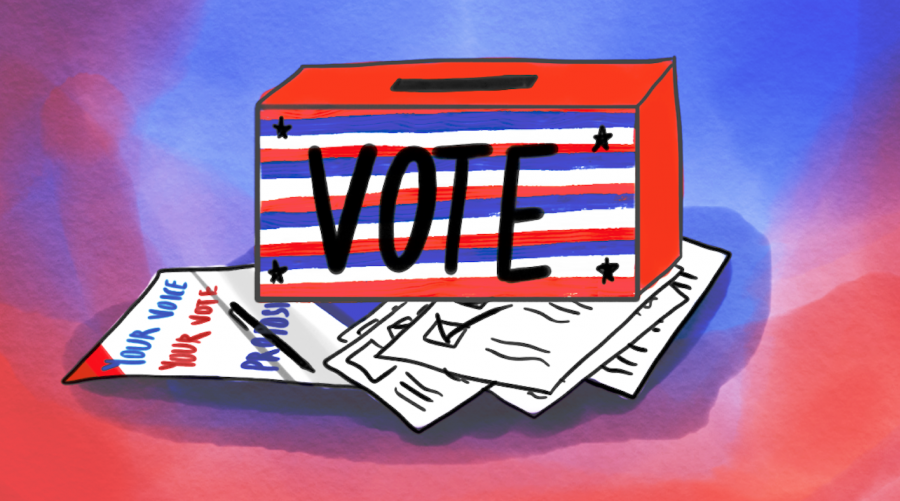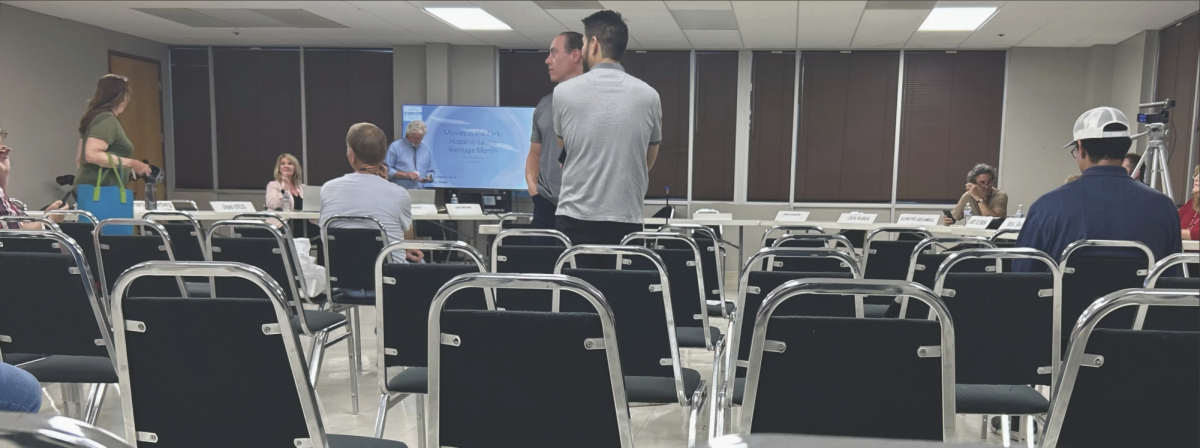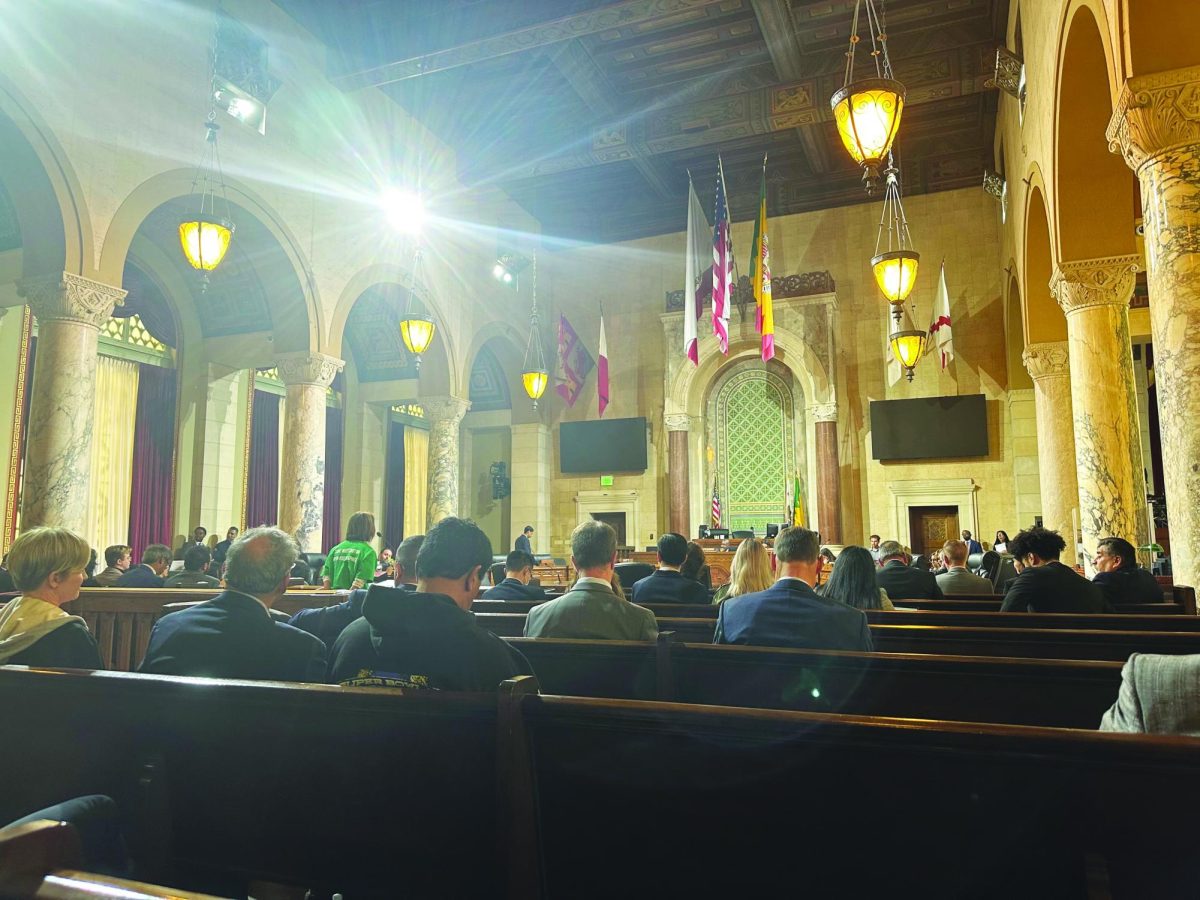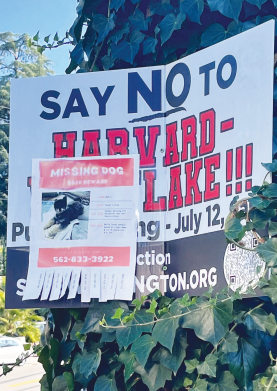This year, many seniors will be eligible to vote in the Nov. 6 United States midterms election. Here is a non-partisan guide to the 11 ballot propositions:
Proposition 1 approves $4 billion in bonds to help low-income residents such as veterans and seniors get lower-cost living. $1 billion would go to home loans for veterans, and the other $3 billion would go to programs such as constructing low-income housing or building housing near public transportation.
Supporters say developers need these subsidies to build housing units and that it would allow access to more affordable housing and help alleviate one of California’s worst housing crises. The California Democratic Party endorses Proposition 1.
Critics say that Proposition 1 would not solve the housing shortage and instead add more debt, as well as take away money that could be used to support other public systems. The California Republican Party opposes Proposition 1.
Proposition 2 uses $2 billion from mental health funds to fund No Place Like Home Program, which finances housing for homeless individuals with mental illnesses.
Supporters say that providing housing for the mentally ill homeless would make it easier to treat mental illness and substance addiction. Both the California Democratic and Republican Parties endorse Proposition 2.
Critics say this does not address the legal barriers which restrict housing for the mentally ill and that it would take money away from funds that can be used for better efforts to combat mental health issues in the homeless community.
Proposition 3 approves $8.9 billion in bonds to pay for infrastructure projects such as water storage and projects to improve fisheries and habitat restoration. Neither the California Democratic Party nor the California Republican Party has an official position on Proposition 3.
Supporters say it will provide drought protection and benefit disadvantaged communities, the environment and agriculture.
Critics say that it primarily helps those who are funding the campaign and does not prevent activities that can harm the environment. Critics also say that it would add more debt because California has already passed a water bond measure this year.
Proposition 4 authorizes $1.5 billion in bonds to fund grants for the construction, renovation and equipping of qualifying children’s hospitals.
Supporters say that children’s hospitals would be able to increase capacity and provide the latest technology to advance pediatric research to treat more children. The California Democratic Party supports Proposition 4.
Critics say that the proposition would primarily benefit the private hospitals that are funding the campaign and bypasses the legislative process, while increasing California debt. The California Republican Party opposes Proposition 4.
Proposition 5 removes some housing transfer requirements for seniors and disabled homeowners. According to the Official Voter Information Guide, schools and local governments would each lose more than $100 million in annual property taxes.
Supporters say that it would remove the moving penalty that hurts seniors, disabled Californians and disaster victims, who have empty bedrooms and now can help alleviate the housing shortage. The California Republican Party supports Proposition 5.
Critics say that it would not build new housing but cut money from public schools, fire departments, police and other services. The California Democratic Party opposes Proposition 5.
Proposition 6 repeals fuel taxes and fees designated for road repairs and public transportation, which would reduce funding for public transportation and infrastructure.
Supporters say current tax revenues are not being used to repair roads and that repealing the tax will immediately lower gas prices in a state with high cost of living. The California Republican Party supports Proposition 6.
Critics say that it would jeopardize the safety of bridges and roads, eliminate funding for road safety and transportation improvement and eliminate jobs. The California Democratic Party opposes Proposition 6.
Proposition 7 gives Legislature the ability to change daylight savings time period.
Supporters say daylight savings time is hazardous to the health, sleep patterns and productivity of schoolchildren, the workforce and seniors. Both the California Democratic and Republican Party support Proposition 7.
Critics say that daylight savings time conserves energy and that moving out of sync with most of the country will be costly with regards to transportation, business and more.
Proposition 8 regulates the amount that kidney dialysis clinics spend and charge for treatment.
Supporters say that it would push dialysis companies to spend more on patient care and hold the industry accountable. The California Democratic Party endorses Proposition 8.
Critics say that it would force the closure of clinics and reduce the accessibility of care for dialysis patients and increase tax costs. The California Republican Party opposes Proposition 8.
Proposition 9 was removed from the ballot by the Supreme Court.
Proposition 10 repeals the law that restricts cities’ rent control policies on residential property.
Supporters say that allowing cities and counties to implement rent control would create fairer and more individualized prices during California’s current homelessness crisis. The California Democratic Party endorses Proposition 10.
Critics say that it would not help the housing crisis but would have negative economic consequences, disincentivizing property owners to rent out and take care of apartments. The California Republican Party opposes Proposition 10.
Proposition 11 requires private-sector emergency ambulance employees to remain on call during work breaks, limiting the scope of the 2016 California Supreme Court decision that security guards can’t be forced to remain on call during breaks.
Supporters say that this would provide life-saving and high-quality care during emergencies at all times. The California Republican Party supports Proposition 11.
Critics say that it would change the labor code to protect American Medical Response from alleged California law violations and that it would increase fatigue in crews and make them less effective during an emergency. The California Democratic Party opposes Proposition 11.
Proposition 12 establishes the minimum requirements for confining certain farm animals and prohibits sales of meat and egg products from animals confined in noncomplying manner.
Supporters say that it would ensure that animals are treated humanely. The California Democratic Party supports Proposition 12.
Critics say that it contradicts a proposition passed in 2008 which was supposed to have banned egg-industry cages by 2015 and is not enough to protect animals. The California Republican Party opposes Proposition 12.








































